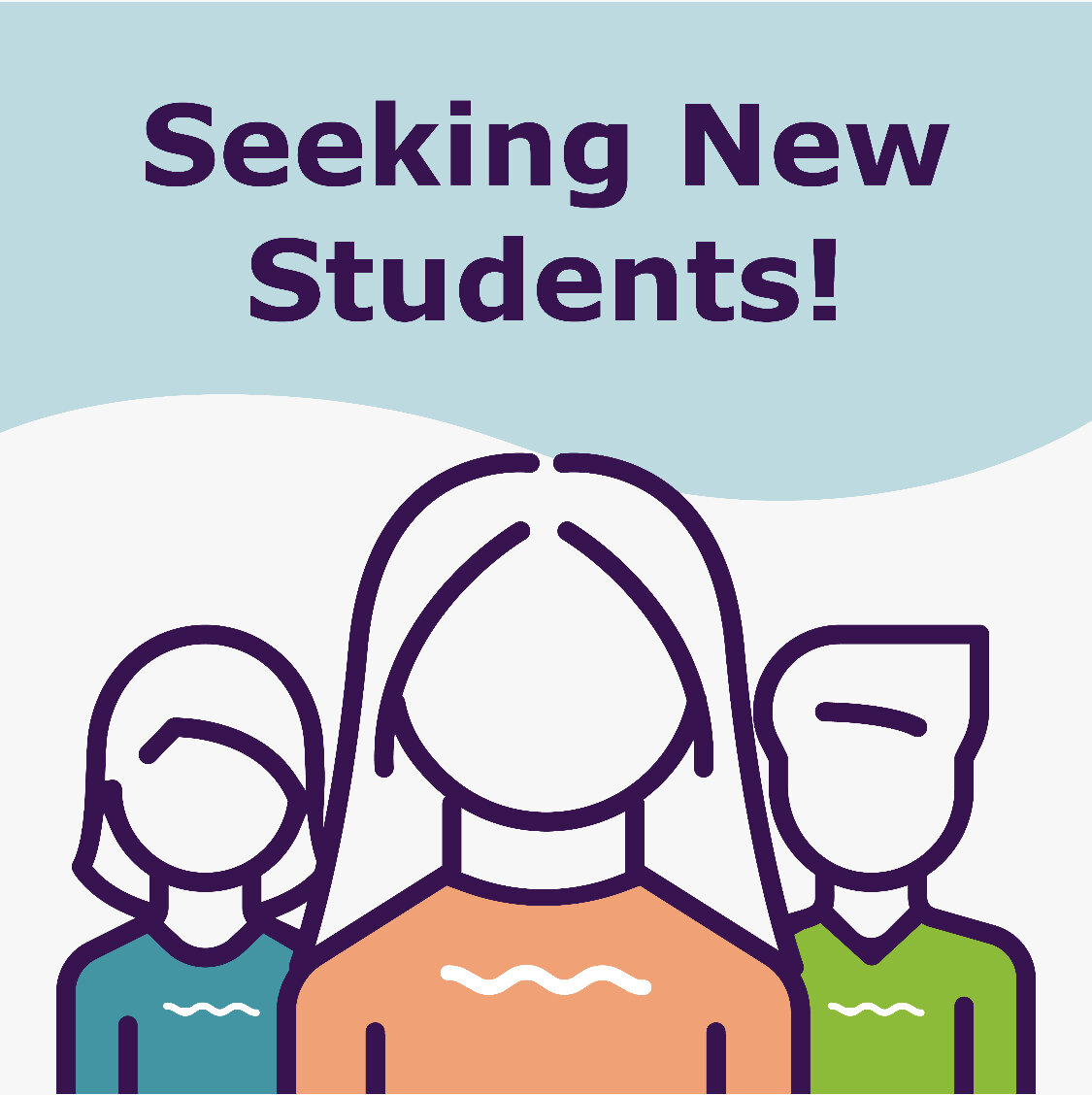Believe it or not — as students head back to school and we await pumpkin spice everything — preparations for Fall 2022 graduate school admissions are already underway!
I am seeking up to two new doctoral students for the Fall 2022 cohort.
Is this you? Read more to find out.
Who am I?
I seek to reduce life long inequities in education and employment through rigorous and relevant evidence-based approaches to systems change.
-
As a scholar, I examine both barriers and opportunities for accessibility and inclusive systems, particularly in education.
-
As an educator, I build learning environments that encourage personal connections to diverse perspectives as opportunities for reflection and growth.
-
As a leader, I am a passionate advocate for equity, justice, and operating with humanity — even (and especially) in our day-to-day interactions.
I am primarily housed in Human Development, Culture and Learning Sciences (HDCLS) in the Department of Educational Psychology at The University of Texas at Austin, with a courtesy appointment in Special Education. Both departments are consistently ranked among the top in the nation.
A doctorate in HDCLS prepares you to build new knowledge that contributes to the pool of evidence-based research used to make decisions affecting people across the lifespan. Our coursework is interdisciplinary and includes topics such as research methods, motivation and emotion, psychology of learning, psychology of race, psychology of gender, and my course, the Culture of Disability in Education. We also seek to communicate our research findings across platforms and modalities. This background, along with professional development opportunities embedded throughout the program, provides doctoral students with skills that apply both within and far beyond academia — truly making a difference in people’s lives.
Why come work with me?
I am an avid supporter of graduate students and how they can use the tools of research and teaching to address inequities. I actively manage multiple research projects and expect my students to become involved as full members of those teams. My advising model is based on the idea that learning is contextual, and that it also takes time. I seek ways to deepen your own scholarship, amplify your work across multiple platforms, and, together, work towards equity and systems change — one step at a time. I create a climate that is professional, student-centered, and team-oriented, where communication and creativity are key. Together, we collectively focus on a mission to raise up each other and our communities.
What am I looking for in a doctoral student?
Doctoral students that are a good fit for me are people who are motivated, curious, have a sense of humor, are honest, reflective, and who embrace the doctoral process. My doctoral students have a personal connection to under-represented populations in higher education — recent students have focused on deaf, disabled, BIPOC, multilingual, and first-generation youth.
Although experience in education is helpful, it is more important to have direct experience in working as a mentor or in a teaching capacity, either formally in schools or more informally as a coach or in your community.
Some research experience, broadly defined, is strongly recommended. I am looking for applicants with some background in gathering information, working with teams, and synthesizing results that are then shared with others. A letter of recommendation from a supervisor who knows you in your research role is a big plus.
How do you apply?
First, if you are interested in applying to work with me, review the materials on my website, look at the projects I lead, and see what I am up to on Twitter and LinkedIn. I then encourage you to reach out, tell me about yourself, and we can continue the conversation and learn more about each other. You can find me via email at stephanie.cawthon@austin.utexas.edu. I promise to respond.
Application is a multistep process. I will be looking closely at your statement of purpose and letters of recommendation.
Here are a few tips on the statement of purpose:
-
Tailor your statement to each graduate program you are applying to, customizing it for their requirements, options, and leadership.
-
In your statement to me, show how working with me (and being in our program) is related to your professional goals.
-
Before submitting it, share your statement of purpose with someone who knows you well and can give you honest feedback on how well it represents you.
If you’re not sure if you are ready for a doctoral program quite yet, do consider one of our Master’s level programs. These are typically two years long and offer a wonderful complement to a range of undergraduate and professional backgrounds. The HDCLS program has four areas of specialization such as college teaching, cultural perspectives on education, and psychology for teachers. You can also design your own program that is tailored to your specific area of interest.
